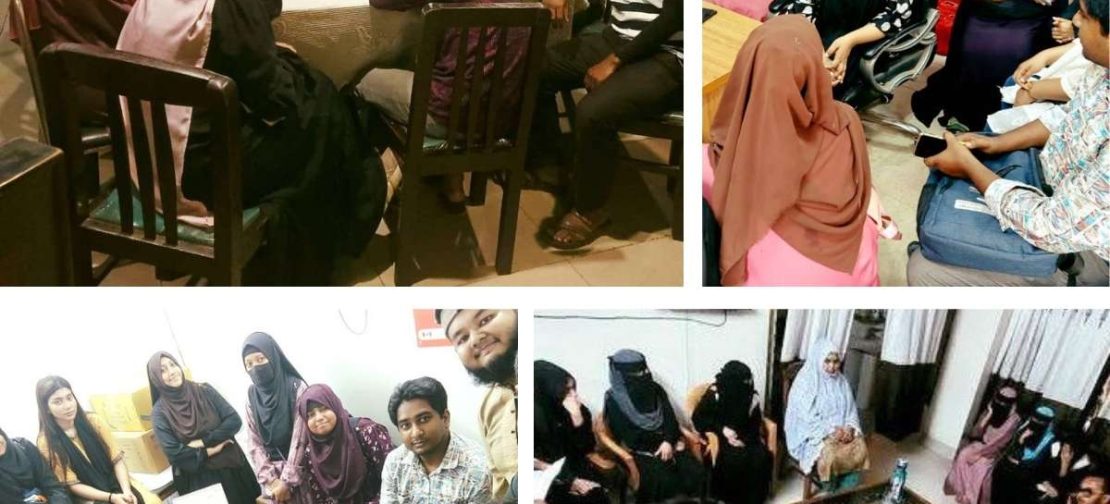
As part of its mission to advance sexual and reproductive health and rights (SRHR), SERAC-Bangladesh Collaborated with Ipas Bangladesh under the “Improving SRHR in Dhaka”- project, hosted a highly impactful GP and Youth Leaders Networking Meeting across Dhaka from March 7 to March 11, 2025. Supported by the HealthBridge Foundation of Canada, this initiative exemplified community-driven change and youth empowerment. The networking event took place in six strategic locations throughout Dhaka: Mohammadpur, Gabtoli, Madartek, Khilgaon, Mirpur, and Uttara, each representing diverse and densely populated urban communities. The meetings were not only a gathering of people but a merging of perspectives, youth, community health volunteers, and General Practitioners (GPs) sharing the same platform to foster trust, coordination, and shared responsibility in advancing community health. Introducing GPs to youth volunteers and establishing open lines of communication. Clarifying the roles of youth leaders as community health change-makers. Strengthening community group formations for SRHR advocacy. Building collaboration to enhance healthcare access and youth-friendly services. One of the standout intentions of the meeting was to shift community knowledge and attitudes around abortion, contraceptive use, gender-based violence, and stigma associated with reproductive health. A total of 87 participants attended the series of meetings: Fifty-six young women and 14 young men, primarily aged under 20. Six general practitioners are serving local clinics in these communities. Peer educators and community health volunteers played critical roles in facilitating conversations and energizing the group. Their energy, diversity, and lived experiences provided a strong foundation for meaningful dialogue and shared learning. The content of the meetings was robust and reflective of current SRHR priorities: General awareness on abortion. Contraception methods and access. Quality improvement in health services. Gender-based violence and prevention. Stigma reduction in reproductive health. Youth-specific concerns and leadership building. Volunteer-GP coordination strategies.